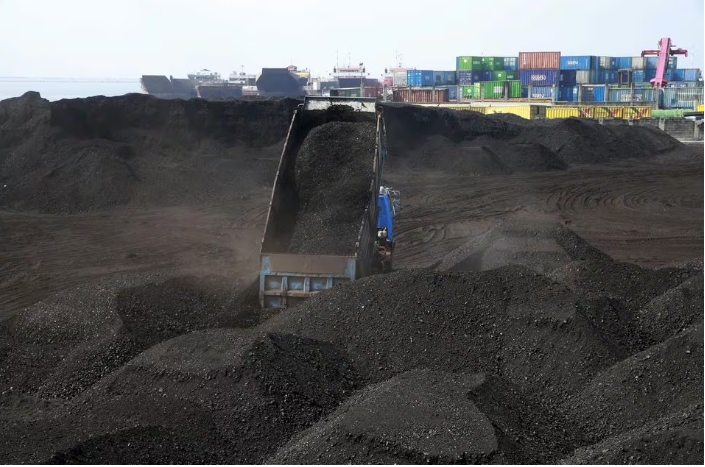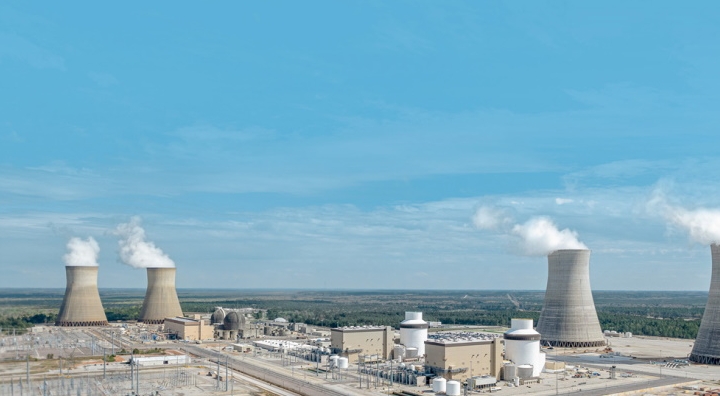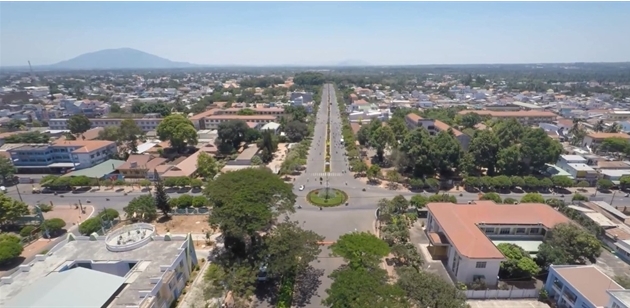
The U.N. talks taking place until Dec. 12 are the latest effort to find a way to wean the world off fossil fuel, but nations are divided over whether to prioritise ways to abate the emissions from the continued burning of coal, oil and gas, or to cease its production as quickly as possible.
In the latest plan to be announced on the sidelines of the summit, the Coal to Clean Credit Initiative (CCCI), supported by Philippine energy company ACEN and the Monetary Authority of Singapore, said it aimed to use carbon credits to decommission the South Luzon Thermal Energy Corporation (SLTEC) plant by as early as 2030, a decade ahead of its current retirement date.
"To retire coal plants, avoid those emissions, and create jobs, we need to create the right incentives for asset owners and communities and mobilise additional finance," Foundation President Rajiv Shah said.
CCCI said its project was a "first of its kind", in that it plans to make use of carbon credits to finance the early closure.
On Sunday, the Asian Development Bank said it had reached a conditional deal to decommission an Indonesian power plant nearly seven years earlier than planned as part of its Energy Transition Mechanism (ETM).
CCCI will work with schemes such as the ETM to close plants ahead of schedule using credits from the CO2 cuts generated by the early closure in the Philippines, said Vikram Widge, former head of carbon finance at the World Bank, who is involved in the scheme.







